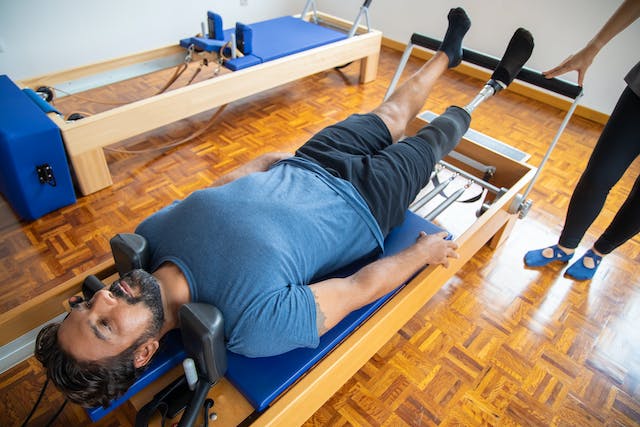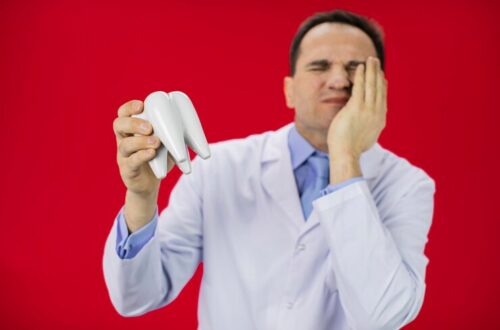Whether you are recovering from an injury or managing chronic pain, physical therapy is an effective treatment for many ailments. Physical therapists provide a drug-free, holistic approach to treating symptoms.
Exercise and movement stimulate the release of “feel-good” chemicals in the brain called endorphins, which are associated with a reduction in mental health disorders like depression.
Strengthen Your Muscles and Joints
A physical therapist, such as from Sage Physical Therapy will use a variety of treatment methods to improve pain control and mobility. These include physical modalities, like ultrasound and electrical stimulation, which send pain-blocking signals to your brain and promote blood flow to the areas that hurt. They will also teach you specific exercises that help reduce pain in your muscles and joints.
Your PT will also likely recommend stretching and low-impact aerobics to improve strength without stressing your injured muscles or joints. They will use these techniques to help you regain your flexibility and range of motion and can help you avoid further injury by preventing stiffness and tightness. In addition to using physical therapy, your PT will likely work with your other healthcare providers, including physician assistants, occupational therapists, prosthetists, psychologists, and social workers, to manage your pain, provide you with education and support, and help you reach your recovery goals. This multidisciplinary approach enables you to get streamlined, unified care and can save you money by reducing your need for prescription drugs.
Relieve Pain
With the opioid epidemic consistently making headlines, people are looking for alternatives to prescription medication. Physical therapy can help manage pain without the side effects that come with a prescription for opioids. The main tool a physical therapist uses is exercise. By strengthening muscles and improving mobility, a patient can send a message to the nervous system that movement doesn’t hurt. The brain can then train itself to ignore the initial signals of pain and instead focus on a positive feedback loop.
Other tools that can be used include ice, heat, and electrical stimulation. Cold therapy helps relieve inflammation, while heat relaxes tight muscles and increases circulation. Using electrical stimulation, or e-stim, on painful areas reduces pain by blocking the brain’s natural transmission of the pain signal.
Get Back to Your Active Lifestyle
Many people are hesitant to get into the habit of exercising regularly because they think it will be too difficult. But physical therapy can help!
Whether you are suffering from lingering injuries, surgery, or chronic pain, a physical therapist can guide you through personalized treatment plans that will alleviate your pain and improve your range of motion. Getting back into the habit of exercise will boost your energy levels and reduce the risk of mental health problems like depression, anxiety, and stress.
Regular exercise also promotes better sleep, which can lead to a more positive mood overall. Those who live an active lifestyle are healthier and tend to have less stress, as well as lower rates of depression, anxiety, and heart disease. Physical therapists can assist you in establishing healthy exercise and eating habits for a lifetime of health and wellness.
Improve Your Mental Health
Physical therapy often involves exercises and movements that trigger the release of endorphins, natural mood enhancers that boost your confidence and reduce stress levels. Exercise also regulates cortisol, the body’s primary stress hormone, to help you feel less anxious and more calm. In addition to improving your mental health, a physical therapist can help you establish a healthier lifestyle by encouraging healthy eating habits and regular sleep. They can also teach you how to improve your balance and strength to increase your ability to participate in more physical activities, which can enhance your self-esteem and confidence.
Although physical therapy primarily addresses injuries and conditions that affect the body’s mechanical functions, it has numerous benefits for your mind and mental health. By reducing pain, improving range of motion, and promoting mindfulness, physical therapy can help you achieve a more balanced life. The noninvasive nature of physical therapy provides an effective, safe, and holistic approach to enhancing your mental health.






